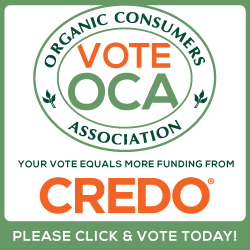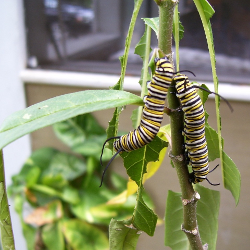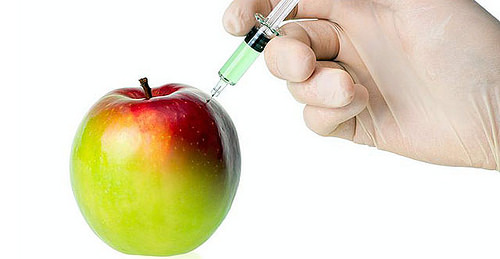Last week, we asked you to ask Kettle Chips to drop out of the Snack Foods Association, a junk food lobbying group that is suing Vermont to overturn the state’s GMO labeling law. More than 12,000 of you signed the petition. Thank you!
Many of you also posted on Kettle Chips Facebook page, and/or commented on OCA’s own Facebook posts linking to the petition.
That's when things started to heat up. First, Kettle Chips responded to your comments on Facebook, stating that the company is not a member of the SFA. Later, after we posted the link to an archived page listing SFA members—including Kettle Foods—Kettle Foods posted this comment in response:
This image is archived from 2012 and the last time we made a payment for membership was 2011, so it must have been taken before our membership lapsed. If you check the current member directory you will not find our name.
Kettle Foods is right. The link we provided to the SFA members list was archived from 2012. Why? Because just as the Grocery Manufacturers Association (GMA) removed its member roster from the GMA website when we started targeting members, after the SFA sued Vermont, the SFA’s member roster was also MIA for awhile from the lobbying group’s website.
We’re glad to know that Kettle Foods has dropped its membership from the SFA—regardless of when they did it.
We’re also a bit confused. Here’s why. On January 14, OCA sent a letter via email to Kettle Chips Brand Manager Marc McCullagh, asking the company to withdraw from the SFA. (We called ahead to be sure we directed the email to the right person). We asked that Kettle Chips respond by February 1.
We didn’t hear back from anyone at Kettle Chips. So on February 12, nearly a month after sending the letter, we published it as an open letter, and asked consumers to pressure Kettle Chips to withdraw from the SFA.
We have no idea why Kettle Chips didn’t simply respond to our original, private letter, by pointing out that the company is no longer a member of the SFA. We wouldn’t have published our letter, or asked consumers to pressure the company, if the company had responded with that information in a timely manner. Instead, Mr. McCullagh sent a letter, via snail mail, to our offices. The letter was dated February 17—after we went public.
We're going to put this in the "All's Well that Ends Well" file. But really, it's a victory for consumers who ultimately were able to elicit a statement from Kettle Chips that meets our goal.















